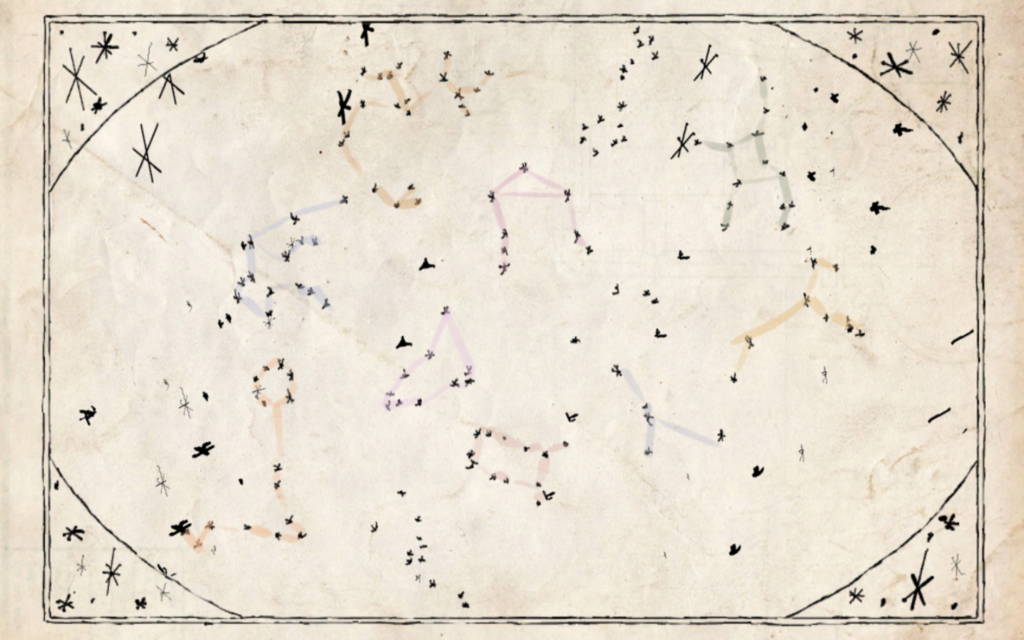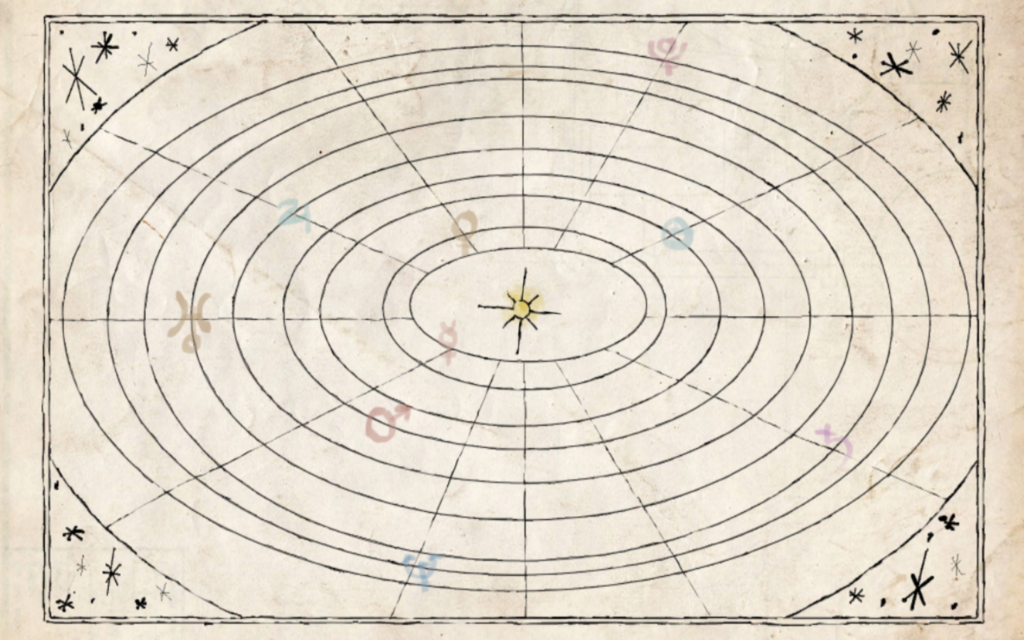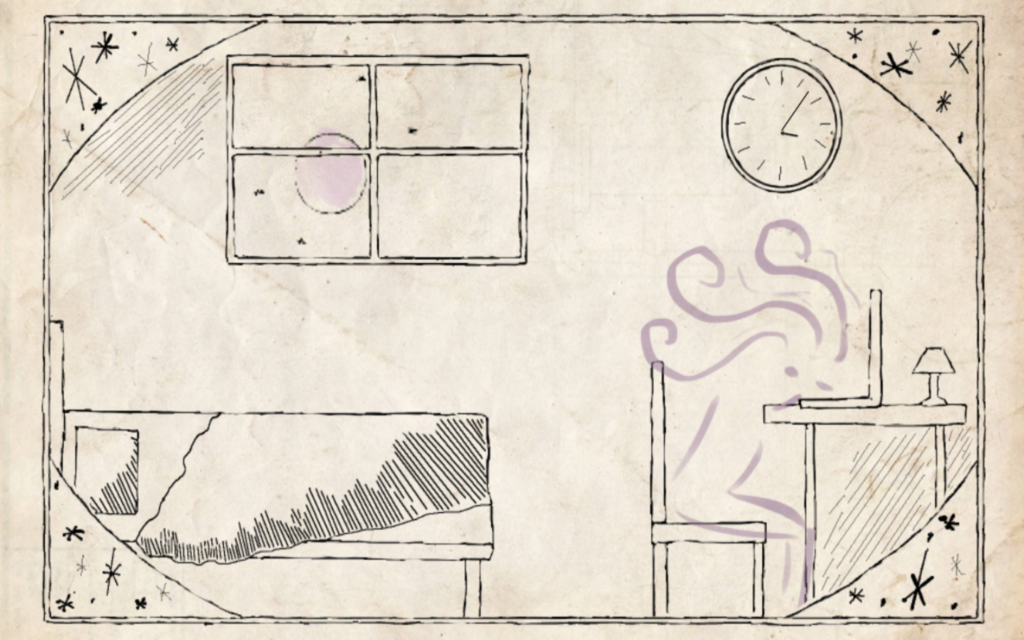Cyclothymia by Kara Stone is a dreamy meditative look at the parallels between the movement of the cosmos and the ebb and flow of our own emotional realities.
The game is named after a mental health disorder with symptoms of cyclical moods. “With cyclothymia, you experience periods when your mood noticeably shifts up and down from your baseline,” summarizes the Mayo Clinic. “You may feel on top of the world for a time, followed by a low period when you feel somewhat down.”
It can be difficult to reconcile these emotional shifts, especially when it’s all too common that social pressure dictates that we’re all supposed to be okay all the time.
“Astrology has a way for me to practice radical acceptance,” Stone says as part of the game description. As an example: “ ‘I’m feeling so melancholic because the moon is in Pisces. It will pass.’ ”
According to a Psychology Today article, radical acceptance can be a way of managing stress and trauma, from micro-aggressions to the death of a loved one. With it, you accept your situation and instead focus your energy on moving beyond it. It’s a way to be present but also acknowledge pain in a healthy way.

“Suffering is what you do with that pain and the interpretation you put on the pain,” writes Dr. Karyn Hall. “Suffering is optional; pain is not.”
This is all backstory to Cyclothymia, but the lovely thing about the game is that you can take from it what you wish. As you play, you move slowly through five different screens — a field of stars, planetary orbits, the phases of the moon, the ocean tide, and a character’s bedroom — before returning whence you came and revisiting each location.
You’re asked to assign meaning to the stars, to set the planets in orbit. When you meet them again on your journey back, you erase that same meaning and stop the planets in their tracks. But it’s not a value judgment; it isn’t “correct” to either have meaning or to not have meaning. Cyclothymia lets you drift through the stars as you wish, buoyed along on a haunting song by composer Halina Heron.

When you return to the title screen, back home as it were, you can choose to experience it again. It’s a gentle game that seems to want to reassure you and say, “These things happen. It is what it is, and what will be will be.”

Comments are closed, but trackbacks and pingbacks are open.